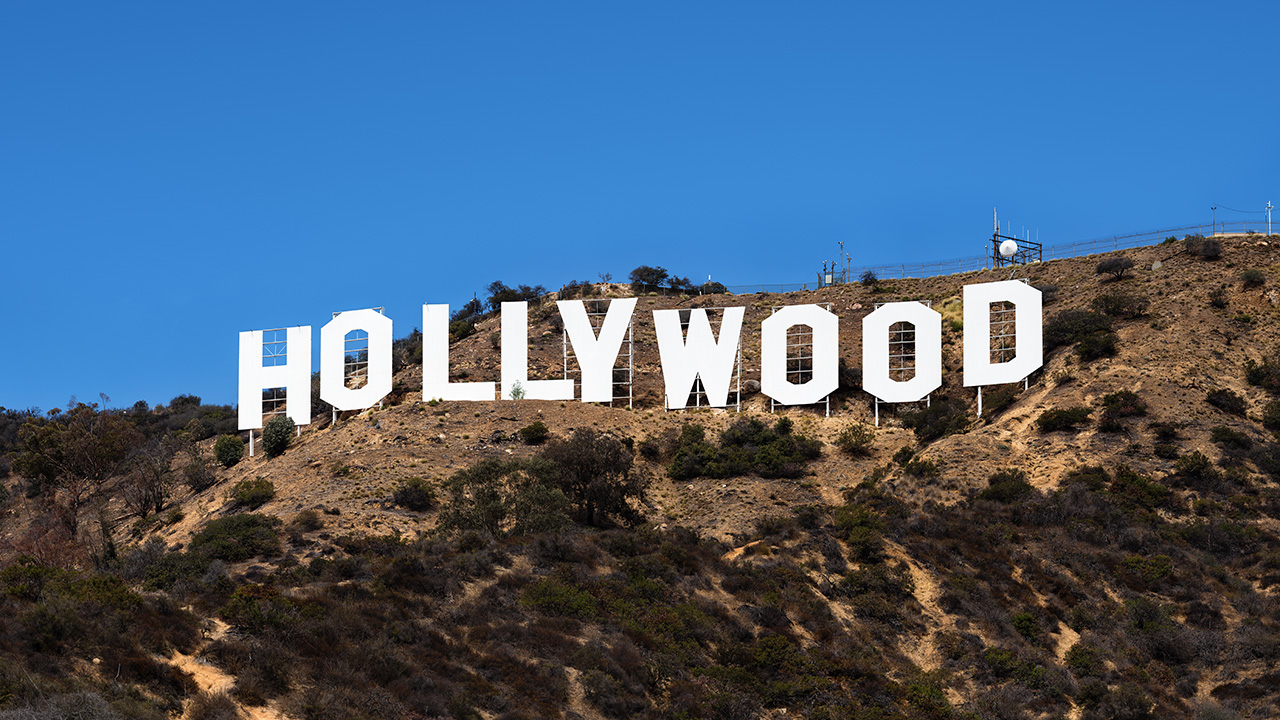‘Hollywood is dying’: Trump plans 100% levy on foreign films, deepening trade war

US PRESIDENT Donald J. Trump announced on Sunday that he plans to impose a 100% tariff on films produced overseas, extending his restrictive trade policies on US imports to the entertainment sector for the first time.
He said the US movie industry was dying a “very fast death” due to the incentives that other countries were offering to draw American filmmakers.
“This is a concerted effort by other Nations and, therefore, a National Security threat. It is, in addition to everything else, messaging and propaganda,” Mr. Trump said in a post on Truth Social.
The American leader said he was directing the Commerce Department and his trade representative to “immediately begin the process of instituting” the levy on foreign movies. “WE WANT MOVIES MADE IN AMERICA, AGAIN!” Mr. Trump continued.
Commerce Secretary Howard Lutnick posting on X said: “We’re on it.”
Neither Mr. Lutnick nor Mr. Trump provided any details on how the tariffs would be implemented.
MEETING WITH VOIGHT
Mr. Trump’s post followed meetings the president had over the weekend with actor Jon Voight and his manager, Steven Paul. They met with Mr. Trump at his Mar-a-Lago Club, according to people familiar with their visit who asked to not be identified because the meetings were private.
Mr. Voight and Mr. Paul presented the president with their plans for more federal tax incentives for US film and TV production. Their proposals include expanding existing tax credits and bringing back ones that have expired. The Voight group didn’t propose tariffs as part of their plan, but the president talked about those levies at their meetings. No specifics on the tariffs were discussed.
In January, Mr. Trump appointed Mr. Voight along with actors Mel Gibson and Sylvester Stallone to be special ambassadors to Hollywood with the goal of boosting US jobs.
UNCLEAR EFFECT
It’s not clear how such a tariff would work, nor how such movies would be valued for tariff collection purposes. Many films from Hollywood studios involve global production, including shooting locations in foreign countries and post-production work that can be done anywhere in the world. Other unanswered questions include whether the fee applies to films already shot, but not yet released, or only new productions.
Upcoming releases that include extensive foreign locales include Walt Disney Co.’s The Fantastic Four: First Steps, which was shot in the UK and Spain, and Universal Pictures’ Jurassic World Rebirth, with locations in Thailand, the UK, Malta, and the US.
The action follows a move by China last month to “moderately reduce” the number of Hollywood films allowed in the country in retaliation for Mr. Trump’s aggressive tariffs on the US rival. The China Film Administration said in April that the restrictions would “inevitably further reduce the domestic audience’s favorability toward American films.”
While the US film industry is the most influential in the world, foreign films have seen a rise in popularity in recent years, drawing award-winning acclaim. The South Korean thriller Parasite, for instance, won four Academy Awards, including the coveted Best Picture category in 2020.
The film and TV industry supported some 2.3 million jobs in the US in 2023, according to the Motion Picture Association trade group. The association didn’t respond to a request for comment on Mr. Trump’s tariffs made outside of regular working hours.
CONTRACTION
Film and TV work in the US has contracted in recent years for a number of reasons. Media companies have cut back on spending in an attempt to boost their profits as they shifted from traditional TV to streaming services. Those streaming services are expanding globally and looking to produce more films for foreign markets.
Spending on film and TV production in the US fell 28% between 2021 and 2024, according to data from the research firm ProdPro. Governments around the world, including those of Canada, Australia, and the UK, have offered more generous tax credits and cash rebates to lure film and TV productions, and capture a greater share of the $248 billion that Ampere Analysis predicts will be spent globally in 2025 to produce content.
Film and television production in Los Angeles has fallen by nearly 40% over the last decade, according to FilmLA, a non-profit that tracks the region’s production.
Movie and TV filming in the greater Los Angeles area declined 22% in the first quarter, reflecting California’s continued loss of business to other areas. Crew members were hoping for a rebound in Los Angeles after strikes by writers and actors in 2023, but statistics show the comeback has been slow.
The wildfires that destroyed sections of Los Angeles in January accelerated concerns that producers may look elsewhere, and that camera operators, costume designers, sound technicians and other behind-the-scenes workers may move out of town rather than try to rebuild in their neighborhoods.
The post by Mr. Trump comes after he has triggered a trade war with China, and imposed global tariffs which have roiled markets and led to fears of a US recession.
Former senior Commerce official William Reinsch, a senior fellow with the Center for Strategic and International Studies, said retaliation against Mr. Trump’s foreign movie tariffs would be devastating.
“The retaliation will kill our industry. We have a lot more to lose than to gain,” he said, adding that it would be difficult to make a national security or national emergency case for movies. — Bloomberg/Reuters



